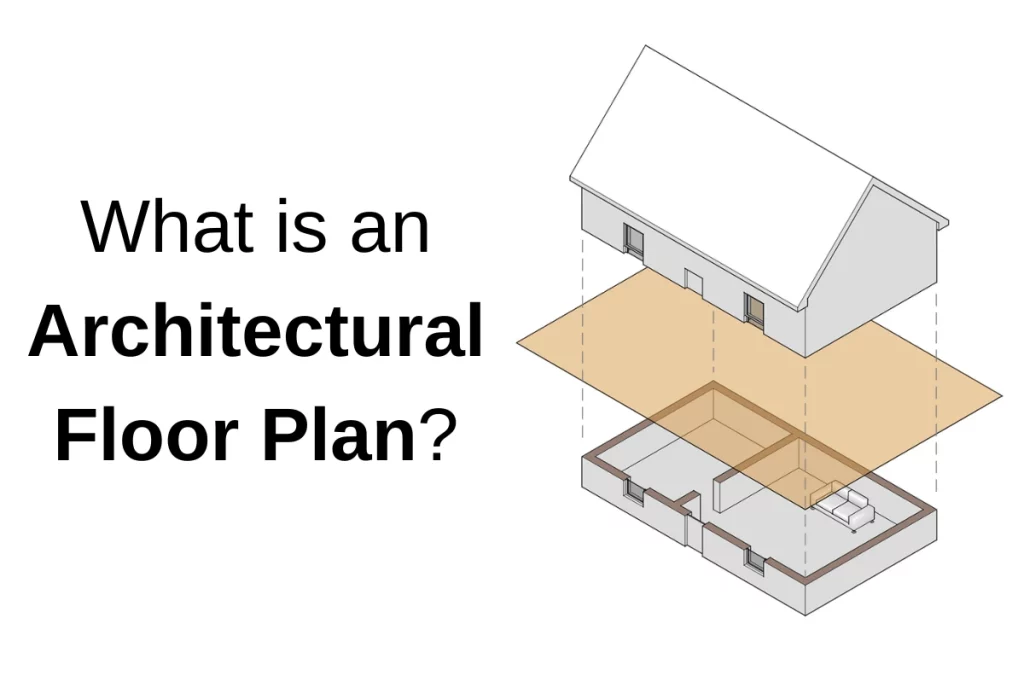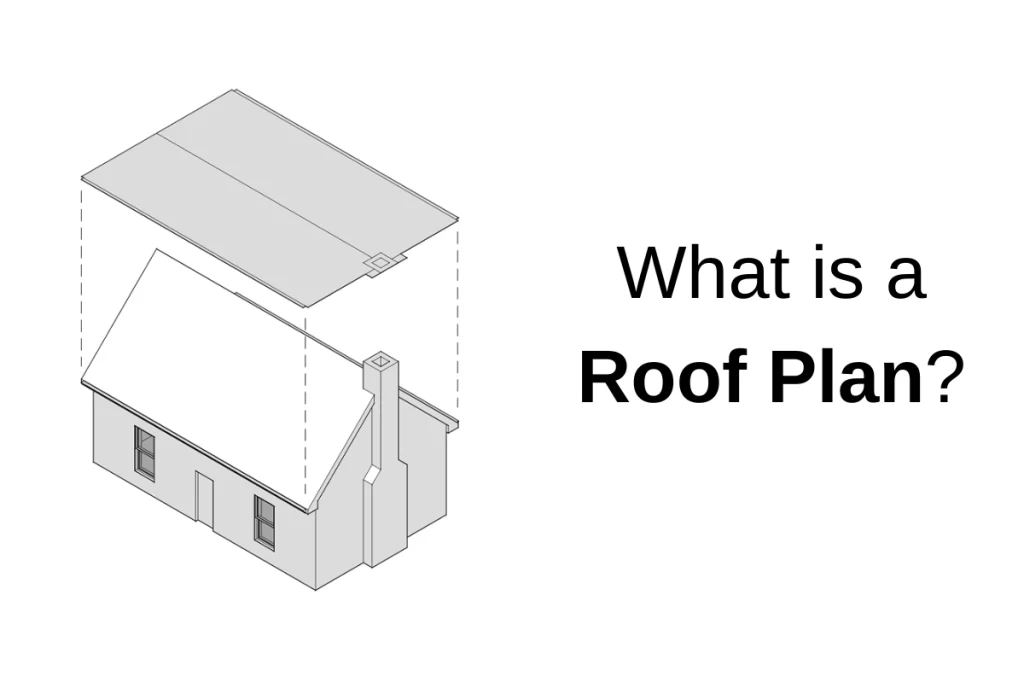Building a home involves a symphony of professionals, each contributing their expertise at different stages. Not all home builds require all these professionals, while some may require a few unique ones not listed here. But knowing who is typically needed, and who hires each person, might help you to wrap your head around the process. You can also consider the cost of their services in your budget, to help plan and minimize surprises.
Legal / Financial / Land Acquisition
Real Estate Agent
Typically hired by: Homeowner
Your journey starts with a real estate agent who specializes in land purchases. They assist you in finding and negotiating the perfect plot that fits your vision and budget.
Real Estate Attorney
Typically hired by: Homeowner
They will review your contracts, ensure the land title is clear, and handle the legal aspects of purchasing land to protect your legal interests.
Mortgage Broker or Loan Officer
Typically hired by: Homeowner
They assist in securing financing for the land, construction loan, and/or eventual mortgage.
Insurance Agent
Typically hired by: Homeowner
They provide builders risk insurance and later, homeowner’s insurance to protect your investment during and after construction.
Pre-Construction
Land Surveyor
Typically hired by: Homeowner
A land surveyor maps out your property’s exact boundaries, topography, and identifies any easements or restrictions. This ensures you’re fully aware of the land’s legal and physical characteristics before building.
Soil Engineer (Geotechnical Engineer)
Typically hired by: Homeowner
They assess soil composition and stability to inform foundation or septic design. They identify potential issues like soil erosion or high water tables early to prevent problems down the line.
Utility Companies
Typically hired by: Homeowner, sometimes coordinated by GC
They may be needed to run an electrical service for temporary and final power, water, sewer, internet, etc. Final connections can happen later in construction, but electricity and water may be desired for construction purposes.
Well Driller
Typically hired by: Homeowner, sometimes GC
In areas without public water, a well will need to be drilled. Coordinate with the builder if they can use this water for construction.
Design Team
Architect
Typically hired by: Homeowner
Architects transform your ideas into detailed blueprints, balancing aesthetics with functionality. They consider spatial planning, building codes, and material selection to bring your dream home to life. Here’s more information on what an architect does. Also, learn the difference between a designer, a draftsman, and an architect here.
Structural Engineer
Typically hired by: Architect (as consultant) or Homeowner
Structural engineers work closely with the architect to determine the structural components of the home. They calculate and specify load-bearing elements like foundations, headers, posts, and tie-downs.
Civil Engineer
Typically hired by: Homeowner
Civil engineers are much less common in residential construction than in commercial. They design site-specific infrastructure such as grading, drainage systems, and road access. They ensure your project complies with local regulations and integrates smoothly with municipal services.
MEP Engineers (Mechanical, Electrical, Plumbing)
Typically hired by: Architect, Homeowner, or General Contractor
These engineers design the essential systems in your home—HVAC, electrical wiring, and plumbing layouts—ensuring compliance with codes. Most often, an architect can lay out electrical components (lighting, outlets) and the installer can take it from there. Plumbing engineers are rare on residential projects. HVAC systems are often design/build, meaning the people installing the systems also design them.
Energy Consultant
Typically hired by: Homeowner, Architect or General Contractor
An energy consultant advises on sustainable technologies and practices to enhance energy efficiency. They might recommend solar panels, high-efficiency appliances, or advanced insulation methods. They can also help with Passive House or Phius Certifications. They can also determine HERS ratings.
Smart Home Technology Specialist
Typically hired by: Homeowner. Sometimes Architect.
They specify and integrate intelligent systems for lighting, security, climate control, and entertainment and ensure all systems work together seamlessly.
Interior Designer
Typically hired by: Homeowner
Interior designers focus on the aesthetic and material aspects of indoor spaces. They help select color schemes, materials, art, and furnishings that reflect your style and optimize comfort.
Landscape Architect
Typically hired by: Homeowner or civil engineer.
They design outdoor areas, incorporating elements like gardens, walkways, and sustainable features such as rainwater harvesting. Their work enhances curb appeal and connects your home to its natural surroundings. Civil engineers often have in-house landscape architects.
Lighting Designer
Typically hired by: Homeowner or architect
For projects where lighting is extremely important, a lighting designer can choose fixtures that meet the desired aesthetics, quality, and functionality that a homeowner is looking for.
Low Voltage Contractor/Technology Consultant
Typically hired by: Homeowner or general contractor
They design the systems, specify the equipment and install the wiring for internet, cable, security systems, alarms, cameras, monitoring systems, home automation, and audio-visual systems. For many homes, the electrician can cover this work. Get these guys involved for more advanced or custom homes.
Pool/Spa Designer and Installer
Typically hired by: Homeowner, architect or general contractor
They will design and build custom pools, spas, or water features.
Construction Team
General Contractor (Builder or GC)
Typically hired by: Homeowner
The general contractor oversees the entire construction process. They coordinate schedules, manage budgets, obtain permits, hire subcontractors, and provide quality control. They serve as the central point of contact for the home owner.
Project Manager/Site Supervisor
Typically part of the staff of the GC company.
The site super manages day-to-day operations on-site, inspects work quality, coordinates deliveries, and ensures the project stays on schedule. The amount of time that they spend on-site should be discussed as part of contract negotiations with the GC.
Subcontractors and Tradespeople:
Typically hired by: General Contractor, who coordinates all these professionals.
These are specialists who handle specific aspects of construction:
- Excavation/Site Crew: Prepares the site by digging and grading according to the design plans.
- Foundation/Concrete Contractor: Assemblies formwork, installs rebar, and pours the foundations.
- Framing/Rough Carpenter: Builds the exterior and interior walls, roof, and floors using wood or steel.
- Roofing Contractor: Installs the roofing system.
- Mason: Works with brick, stone, or concrete blocks to build exterior walls, foundations, and patios.
- Electrician: Wires the house for electricity, installing outlets and lighting fixtures, and ensures compliance with electrical codes.
- Plumber: Sets up water supply lines and drainage systems, and installs plumbing fixtures throughout the home.
- HVAC Technician: Installs heating, ventilation, and air conditioning systems for year-round comfort.
- Insulation Contractor: Adds insulation materials to walls, attics, and crawl spaces to improve energy efficiency.
- Drywall Installer: Hangs drywall sheets and finishes seams at walls and ceilings to prep for painting.
- Painter: Applies paint, stains, or wallpaper to interior and exterior surfaces.
- Flooring Contractor: Installs flooring materials such as hardwood, tile, carpet, or laminate according to design choices.
- Finish Carpenter: Handles detailed woodwork like molding, trim, built-in shelves, and cabinetry that enhance the home’s interior.
- System Integrator: Ensures all smart home features are properly connected and functioning as a cohesive system.
- Specialty Contractors: For pools, fireplaces, or custom features (although these can sometimes be hired by the owner).
Inspection and Compliance Professionals
Municipal Building Inspector
Typically hired by: The local government – you don’t hire them, but you, or the GC, must schedule inspections.
Building inspectors conducts inspections at various construction stages to ensure compliance with building codes.
Private/Third Party Inspector
Typically hired by: Homeowner
You may choose to hire a third party inspector to check the GC’s work for quality and code compliance prior to the punch list.
Energy Rater/Inspector:
Typically hired by: Homeowner or general contractor
Assesses the home’s energy efficiency, sometimes required for certifications or rebates. This could include services like blower door tests, duct leakage tests and HERS ratings.
Post-Construction Services
Landscaper/Gardener
Usually Hired By: Homeowner or general contractor
Implements the landscape design, plants trees, shrubs, and flowers, and installs irrigation systems.
Cleaning Crew
Usually Hired By: General Contractor (check your contract)
Tradesmen clean along the way, but a final deep clean should be performed before you move in, making sure your home is spotless.
Moving Company
Typically hire by: Homeowner
You’ve worked hard enough! Hire someone to assist with packing, transporting, and unpacking your belongings into your new home.
Who Typically Hires Whom
You Hire Directly:
Professionals crucial to your vision and legally responsible to you: real estate agents, attorneys, architects, engineers, interior designers, and any specialty consultants.
General Contractor Hires:
Tradespeople and subcontractors involved in the physical construction, functioning under their management and contracts.
Architect May Hire:
Structural engineers or other consultants as part of their design team.
Local Government Provides:
Building inspectors and permitting officials.
A Few Additional Thoughts
While this list might seem extensive, not every project requires every specialist. Your needs will vary based on your home’s complexity, location, and personal preferences.
By understanding who typically hires each professional, you gain clarity on your responsibilities and the flow of the project. Generally, the homeowner leads the hiring during the planning and design phases, assembling the initial team of architects, engineers, and consultants. When construction begins, the general contractor takes the reins, hiring and managing subcontractors to execute the building tasks efficiently.
Tips to Consider:
- Team Coordination: If your architect or GC hires consultants, that makes your life easier because you maintain one point of contact and don’t have to coordinate their work with others. On the other hand, architects and GCs often mark up the cost of their work to offset their time to work with the consultant.
- Clear Contracts: Ensure everyone hired has a clear contract outlining scope, timelines, and payment terms.
- Recommendations Matter: Personal referrals or testimonials can help you find reliable professionals.
Did I miss anyone? Please let me know if the comments.
Image Source: Image by pch.vector on Freepik




